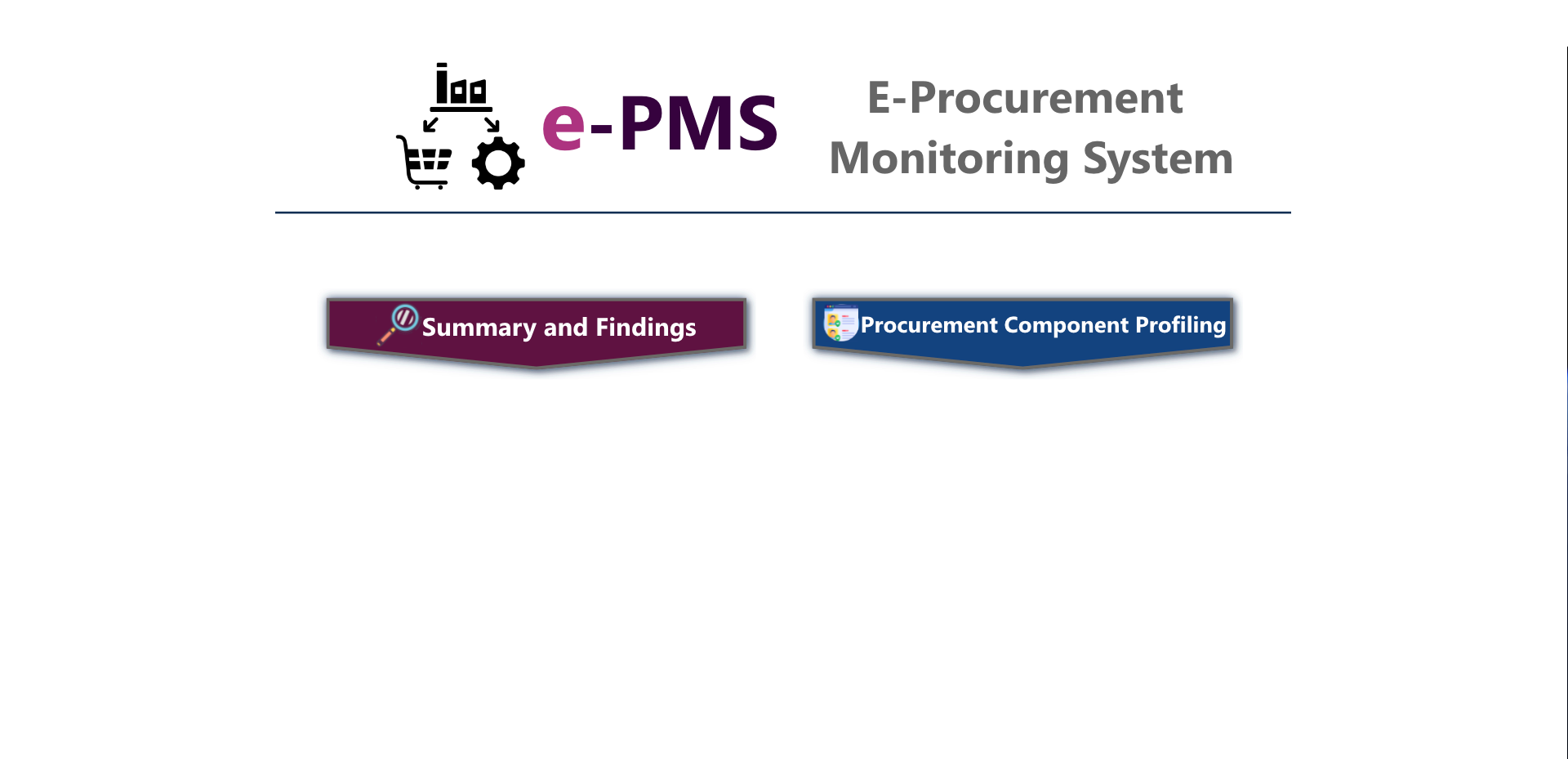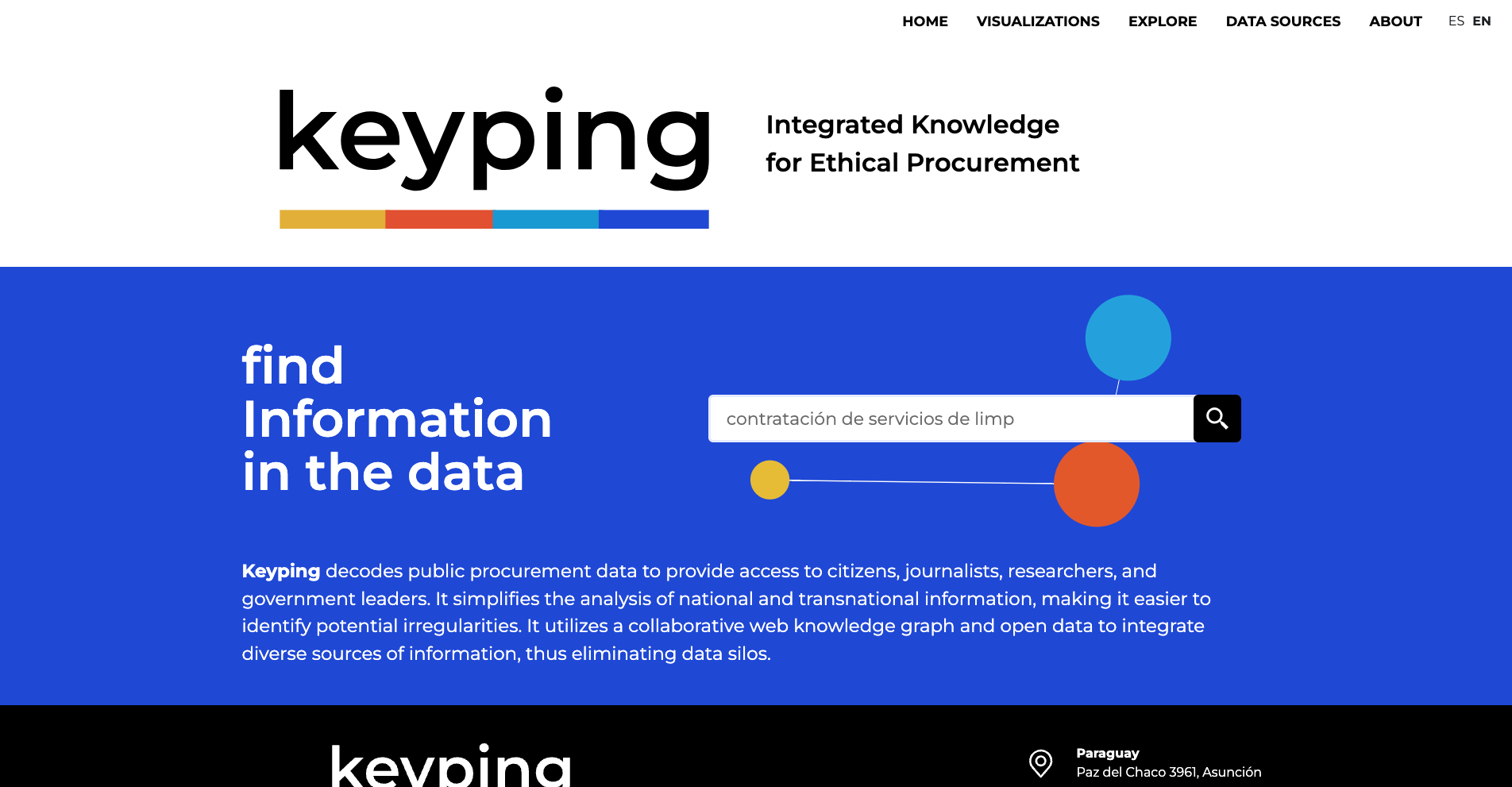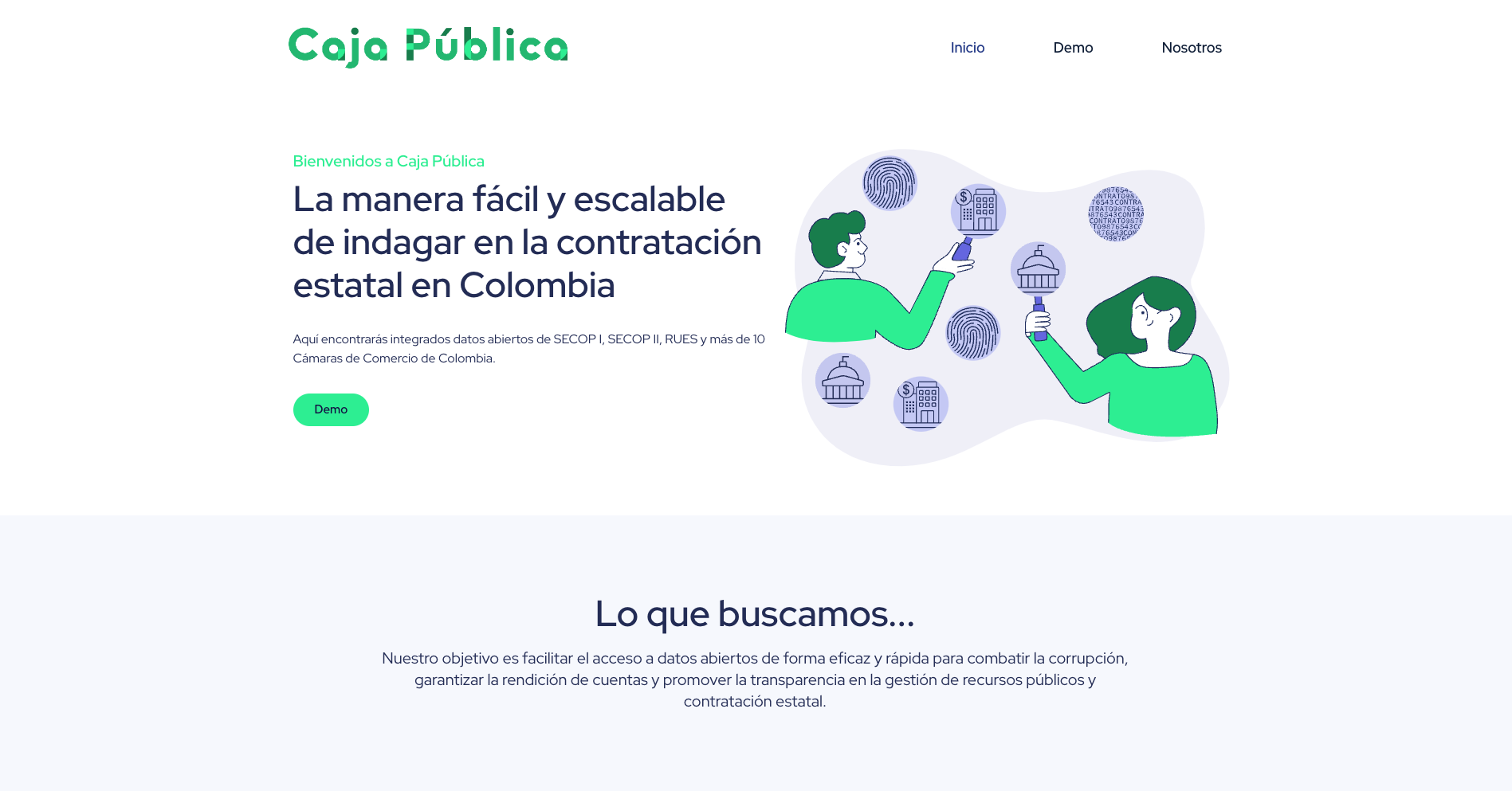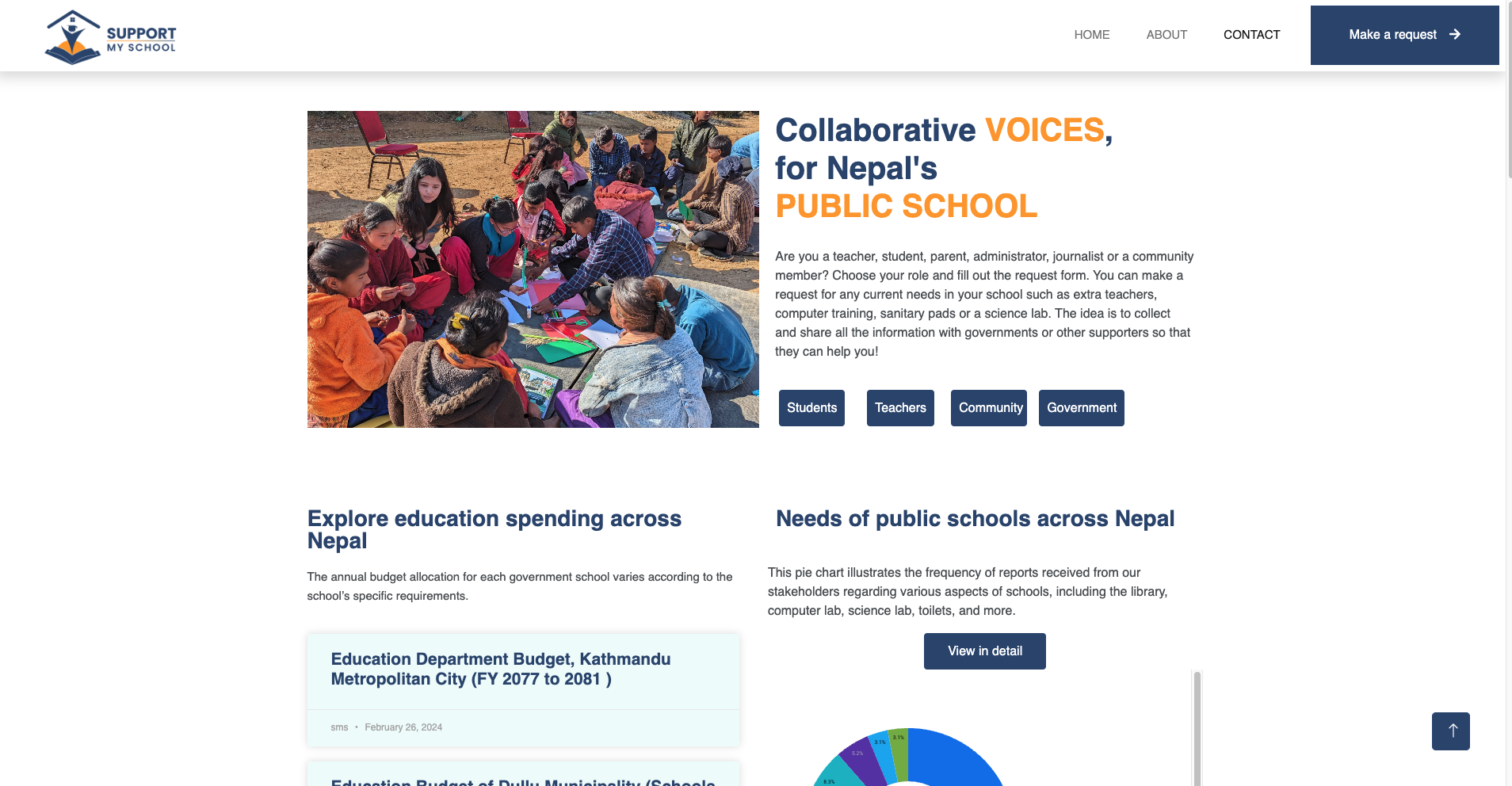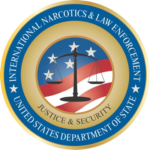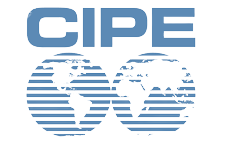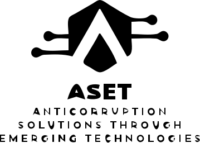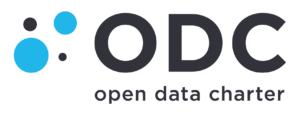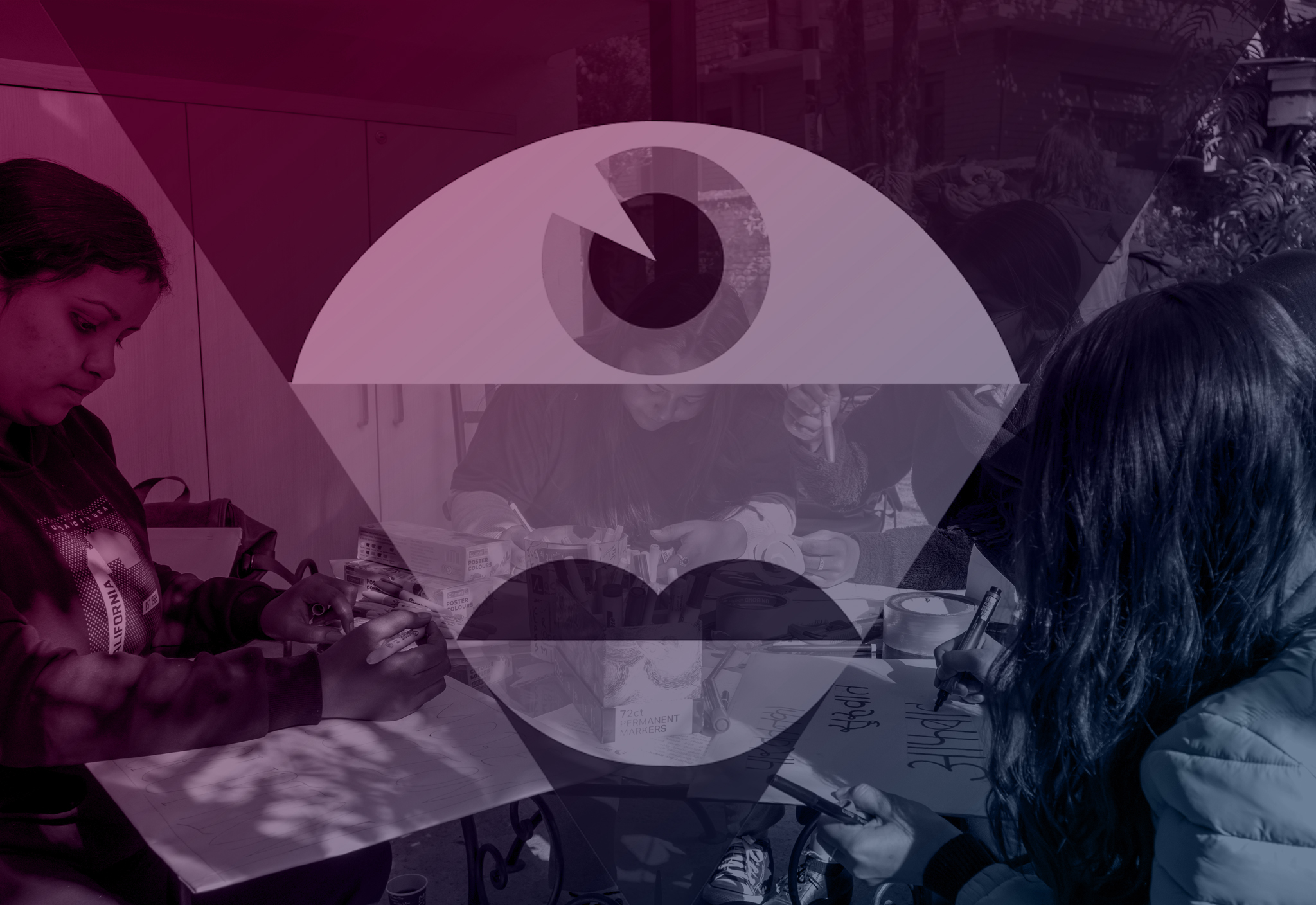Tools and ecosystems that counter corruption and make governance more accessible
Supporting tools and ecosystems that make governance more accessible
What is HackCorruption?
HackCorruption is an Accountability Lab initiative that aims to combat corruption globally by stimulating the innovative use of technology to address accountability gaps and build systemic integrity. With our partners, Development Gateway and the Center for Private Enterprise, we work with diverse stakeholders to develop, track, refine and apply new and existing technological solutions to systemic challenges of corruption. We have found that the largest gaps within this ecosystem are at the meso-level, among smaller and medium-sized businesses, small CSOs and local governments who may not have the resources, in-house skills or pathways to develop technologies that can support them to address anti-corruption issues. They also don’t have the capacity to offset corruption risks.
HackCorruption brings together motivated individuals from the civic tech, CSO, and activist arenas, to build these innovative solutions to combat corruption. The program starts with the selection and orientation of diverse regional teams from the targeted countries. These teams then develop early prototypes of their solutions and pitch them to a panel of judges. The teams with selected solutions participate in a bootcamp and receive $10,000 to support the development and launch of their solution. Through the design, development, and launch of solutions, teams also receive ongoing support and are linked with a network of others working in the same space.
By the Numbers
A Few Winning Tools
ePMS
ePMS is a monitoring tool for the e-procurement system in Bangladesh and Nepal, enabling third-party or civil society monitoring of procurement. The system will flag potential corruption using a series of indicators, such as the frequency of awards to single contractors, reduced time between bidding deadlines and award dates, and dummy bidding, among others.
Keyping
Keyping: Integrated Knowledge for Ethical Procurement is a collaborative and open tool designed to create knowledge graphs from various interconnected data sources. It helps represent complex data in a more readable manner, facilitating insights and connections. A knowledge graph can link individuals, organizations, transactions, and events, fostering the identification of hidden patterns and irregularities.
Caja Publica
Caja Publica is a web application that allows users to access information about beneficial owners or state contracting at the local and national level in Colombia. It offers an optimized search engine, data visualization, data analytics, and customized alerts to ensure that the data is easy for people to find and understand.
Support my School
The Support My School platform tracks financial allocations and education spending from the national level through each level of government to individual schools. It hosts data from spending allocations from national government as well as local government data on actual spending and reports on education outcomes at the school level. It provides data visualizations and creates spaces for engagement.
Process in action
This video explains the ideation process of the iKeep team from HackCorruption Colombia. They are developing a one-stop shop for decoding corruption data in public procurement. The platform is designed for citizens, journalists, researchers, and government decision-makers interested in analyzing information at a national and transnational level for signs of potential corruption and leveraging this analysis for subsequent actions.
Produced by Andrew Benson
Strategic HackCorruption themes
To date, the tools developed through HackCorruption include:
- Procurement monitoring systems that allow citizens to track government procurement and other contracting processes, and flag irregularities that could point to corruption.
- Combining digitization of property ownership documents with blockchain technology to prevent corruption in land sales, and increase government tax revenue;
- Visualizing publicly available data about elected officials and coupling it with family tree and beneficial ownership data to give citizens clarity on their elected officials’ business and family ties;
- Web-based knowledge graphs that illustrate national and transnational procurement data;
- Participatory tools that allow citizens to report on how infrastructure and other development projects are implemented in their area
Problem Statements
01
Budget and Ownership
Transparency
Create ideas that lead to greater budget transparency for government agencies and beneficial ownership transparency in the private sector.
02
Open Contracting & Transparency of Public Procurement
Create solutions to reduce corruption & fraud in the public contracting process by increasing transparency and ensuring proper delivery of essential public goods and services to citizens.
03
Digital Citizenship to Constrain Corruption
Create solutions that increase civic participation to collectively solve problems, such as protecting digital civic space, enabling safe whistleblowing, or monitoring and ensuring the proper delivery of government goods and services.
04
Climate Finance Transparency
Create solutions that increase transparency in government expenditure in relation to climate change and energy transition interventions.
Participants will be encouraged to create tools and approaches to curb the threat of transnational corruption within the scope of any of the 4 problem sets above. Transnational corruption crosses borders, involves global networks, and strips countries of their wealth in a massive transfer of resources from developing to developed countries.
Problem Statements
01
Budget and
Ownership
Transparency
Create ideas that lead to greater budget transparency for government agencies and beneficial ownership transparency in the private sector.
02
Open Contracting
& Transparency of
Public Procurement
Create solutions to reduce corruption & fraud in the public contracting process by increasing transparency and ensuring proper delivery of essential public goods and services to citizens.
03
Digital
Citizenship to Constrain
Corruption
Create solutions that increase civic participation to collectively solve problems, such as protecting digital civic space, enabling safe whistleblowing, or monitoring and ensuring the proper delivery of government goods and services.
04
Create solutions that increase transparency in government expenditure in relation to climate change and energy transition interventions.
Participants will be encouraged to create tools and approaches to curb the threat of transnational corruption within the scope of any of the 4 problem sets above. Transnational corruption crosses borders, involves global networks, and strips countries of their wealth in a massive transfer of resources from developing to developed countries.
What’s Happening
This weekend, ACGC was thrilled to collaborate w/ @AccountLab & @DGateway at the #HackCorruption #Albania Boot Camp
Mentors like @Kushtrim_Shala guided 25 teams from across the region to create Tech-4-Integrity prototypes that fight #corruption globally: https://t.co/YfqqTZOU0v
📍Balkans Edition
Teams from Albania, Bosnia & Herzegovina, Kosovo, and North Macedonia will be building tech tools for civil society, journalists, and even ordinary citizens to track green funds, curb favouritism in public procurement, and more.
📍 A timely reminderBalkans Bootcamp Weekend
Our five winning teams with the most feasible ideas for anti-corruption civic tech tools gathered to sharpen their ideas and plan build, budgets and milestones for the next six months.
📍 HackCorruption Week, Balkans Edition
Our teams are back in Tirana, Albania to refine and hone their ideas for anti-corruption tech tools. From curbing cross-border corruption to monitoring land acquisition for energy builds to prevent conflicts of interest.
The final 2 teams rounding out our boot camp participants this weekend in Tirana, Albania, are Terra and AI Corruption Tracker. Hear more about their innovative anti-corruption solutions for the energy and procurement sectors in this video.
#data4transparency
The Judiciary Intelligence Platform is being developed by a #HackCorruption Balkans team from North Macedonia, where public trust in the rule of law has fallen sharply. It combines data tracking & transparency tools to address case delays & a lack of oversight. #data4transparency
